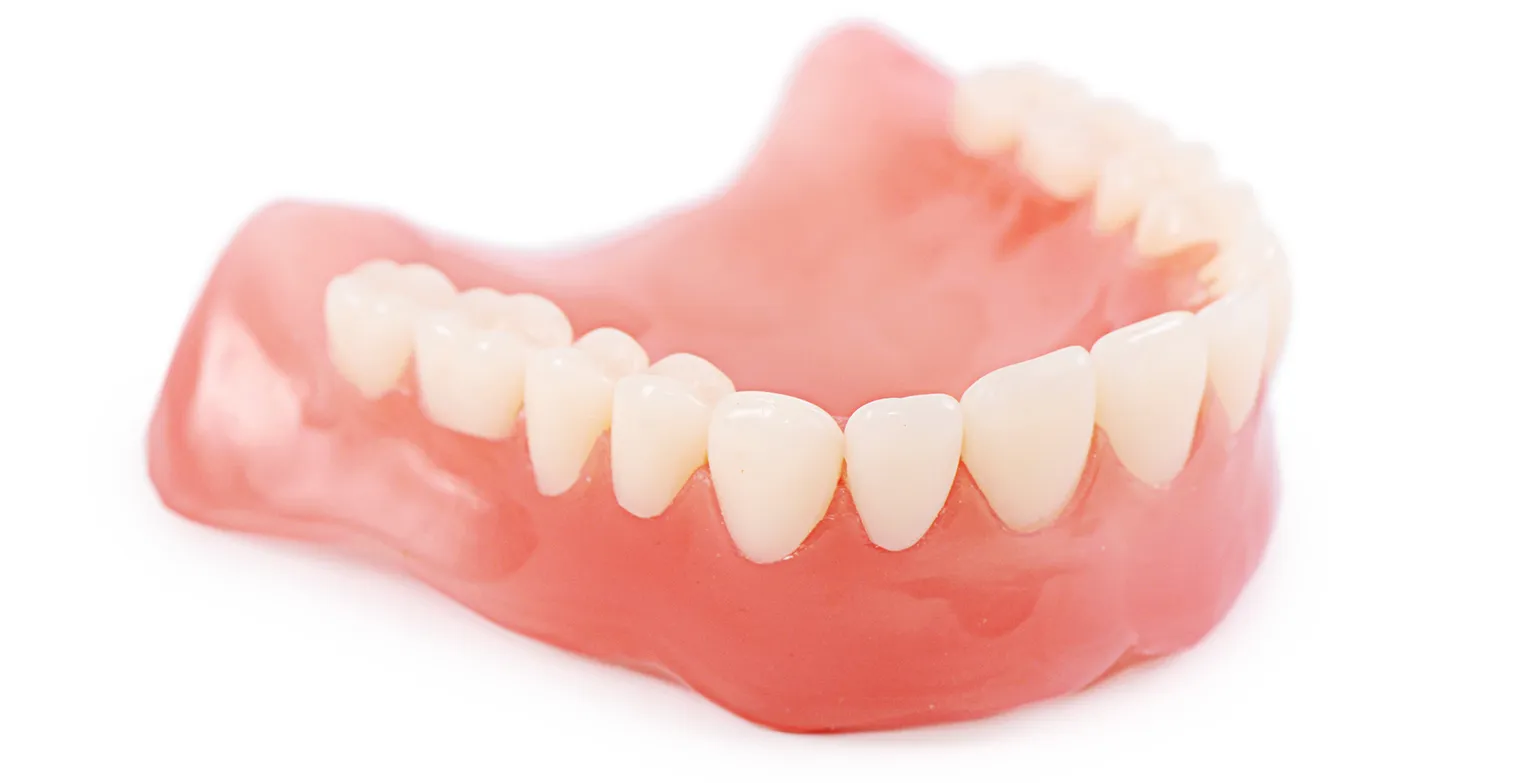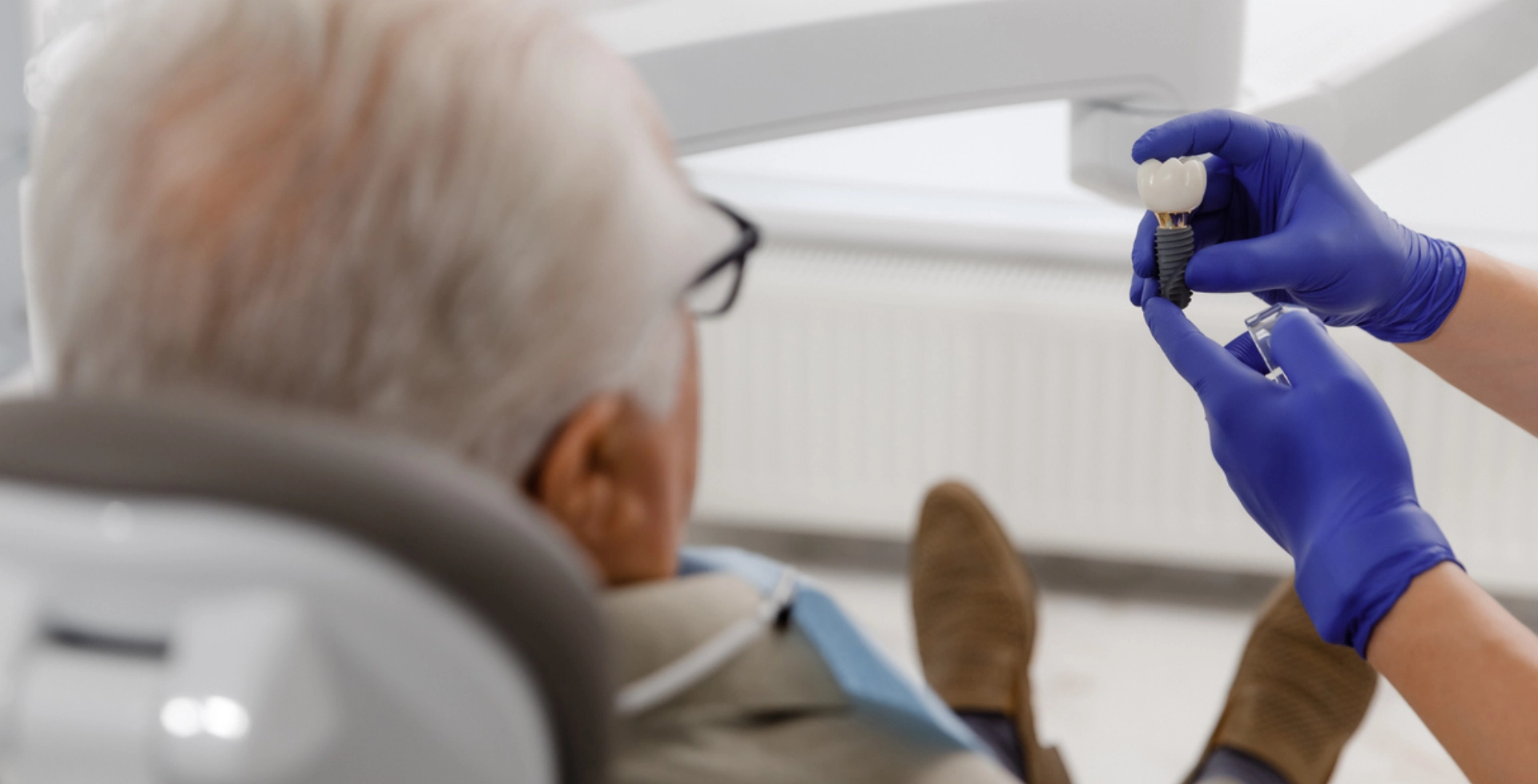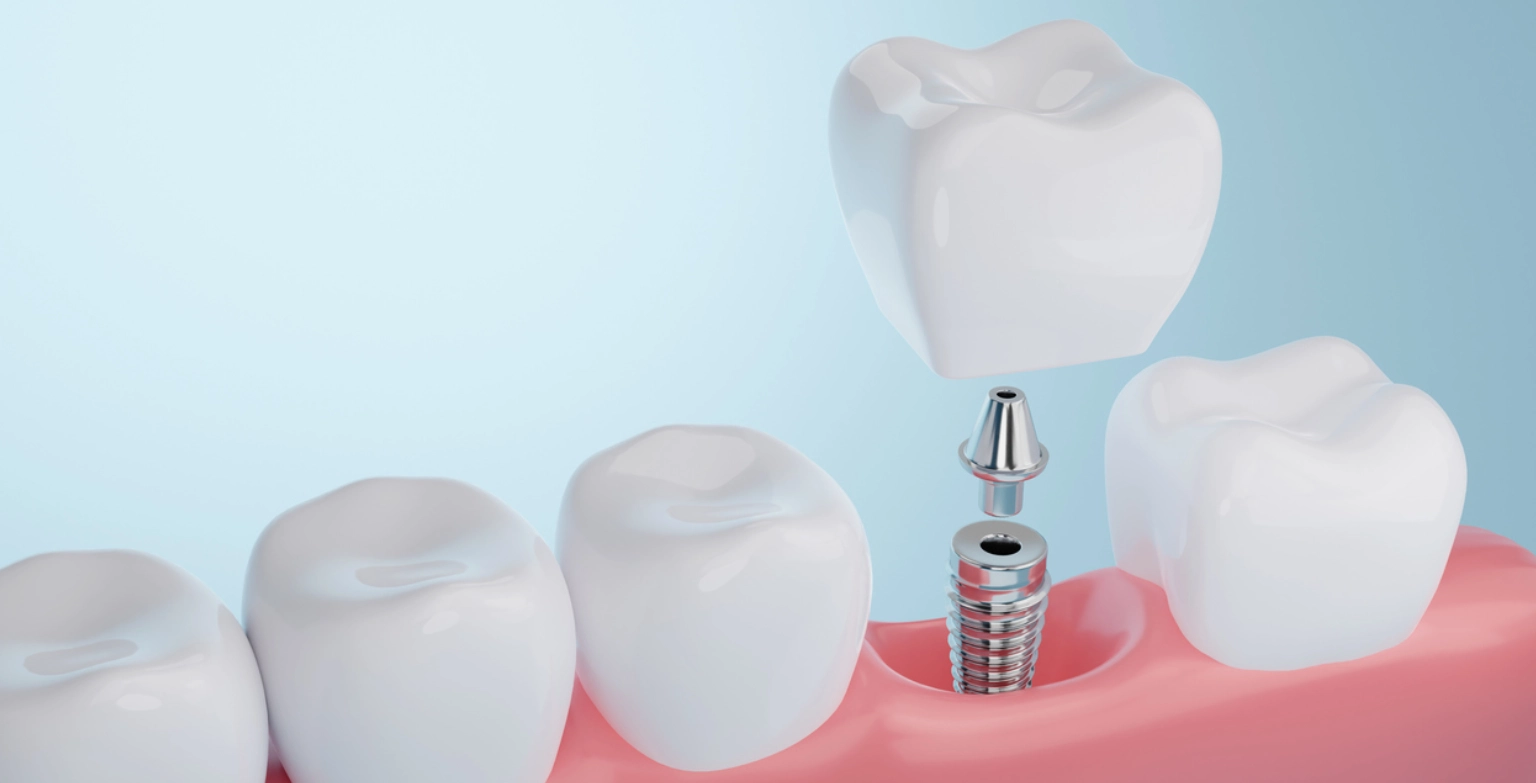How Painful are New Dentures?

Congratulations on taking the step towards a complete smile with new dentures! While dentures offer a fantastic solution for replacing missing teeth and restoring your confidence, it’s natural to wonder, “How painful are new dentures?”
Some initial discomfort is quite common when adjusting to dentures. However, it’s important to understand the difference between normal soreness and concerning pain. Here at Brookline Smile Artists, we want to equip you with the knowledge to navigate this transition smoothly.
Why New Dentures Cause Pain?
There are a few reasons why new dentures might feel uncomfortable at first:
- Adjustment Period: Your mouth needs time to get used to the feeling of dentures. Just like new shoes, they may feel bulky or awkward initially. Your gums and tongue will also need to adjust to the pressure and contact with the denture base.
- Minor Cuts or Soreness: The denture base may rub against sensitive areas, causing temporary irritation or soreness. This is more likely if the fit isn’t perfect.
- Increased Saliva Production: Your mouth might produce more saliva as it adjusts to the presence of dentures. This can feel strange and lead to increased swallowing.

So, How Painful Are New Dentures Really?
The good news is that most people experience mild discomfort, not sharp pain, when getting new dentures. As your mouth adjusts, this discomfort typically subsides within a few weeks to a month.
Here’s a breakdown of what you might feel:
- The First Few Days: These can be the most challenging. You may experience soreness, pressure, and difficulty speaking or eating.
- Weeks 1-2: The discomfort should gradually decrease. Your dentist may recommend initially wearing your dentures for shorter periods and gradually increasing wear time.
- Weeks 3-4: By this point, your mouth should be much more accustomed to the dentures, and any remaining soreness should be minimal.
How Can You Minimize Your Pain of New Dentures?
While getting used to new dentures might be difficult, there are several helpful recommendations that can help the process go more smoothly and comfortably:
- Follow Your Dentist’s Instructions: It is crucial to follow your dentist’s guidelines for wearing and caring for dentures. Proper use and maintenance can significantly reduce discomfort. This includes wearing dentures for the recommended duration each day and cleaning them thoroughly.
- Regular Dental Visits: Make follow-up appointments with your dentist to guarantee the proper fit of your dentures. The appropriate adjustments can be made by your dentist to relieve pressure spots and enhance comfort.
- Use Denture Adhesives: Denture adhesives can assist in stabilizing your dentures by lowering friction and movement, which can cause painful areas. For optimal results, adhere to the adhesive product’s directions.
- Pain Relief Options: During the first phase of adjustment, pain management might be facilitated by over-the-counter pain medications. Mouth sores and sore patches can be relieved with oral gels and rinses made specifically for denture wearers.

Long-term Comfort and Care
- Proper Denture Hygiene: Gum inflammation and infections are avoided with proper dental hygiene. Using a brush and some mild soap or denture cleanser, clean your dentures every day. Regular toothpaste can be overly abrasive, so stay away from it.
- Overnight Soaking: Soak your dentures in a denture cleaning solution for the entire night. By keeping them hydrated and sanitary, they are able to keep their form and fitness.
- Monitor Fit Over Time: The fit of your dentures will adjust in tandem with changes in your gums and bones. You must see your dentist on a regular basis to make sure your dentures are adjusted as needed to keep you comfortable.
- Be Patient: It takes some getting used to new dentures. Please take your time and give your tongue time to adjust to the new appliance. See your dentist as soon as possible if the discomfort continues or gets worse.
When to Visit the Dentist
While some discomfort is expected, there’s a difference between regular adjustment and concerning issues. Here are some signs you should schedule an appointment with your dentist:
- Severe pain that doesn’t improve after a few weeks
- Persistent bleeding from the gums
- Difficulty speaking or swallowing
- Loose dentures that don’t seem to improve with adhesive
- Infection symptoms, such edema or redness
Conclusion
New dentures can bring a mix of relief and discomfort. Understanding how painful new dentures can be and knowing how to manage and reduce this pain is essential for a smooth transition. By following your dentist’s instructions, maintaining good oral hygiene, and seeking regular adjustments, you can minimize discomfort and enjoy the benefits of your new dentures.
Making the Transition to New Dentures Smooth at Brookline Smile Artists
At Brookline Smile Artists, we’re dedicated to giving you the best care possible during the denture process. Our knowledgeable dentists will guide you through each stage of the process, from the first consultation to the post-insertion adjustments, to guarantee a seamless and effective transition.
Contact Brookline Smile Artists today to schedule a consultation and discuss your denture options. We’ll help you achieve the confident smile you deserve!
FAQ
What is the least painful way to get dentures?
For people who have a few missing teeth, partial dentures are ideal and typically cause very little discomfort. They are among the least intrusive procedures because they frequently don’t call for additional teeth extractions.
What is the most comfortable denture to wear?
Many people find flexible dentures to be the most comfortable option because they conform closely to the natural contours and grooves of the gums without causing friction or irritation to the soft tissues. Made from thin, pliable, lightweight materials, flexible dentures are much less bulky and cumbersome than traditional ones.
How long does it take for dentures to feel normal?
Most patients find that it takes about 30 days to fully adjust to new dentures and feel most comfortable wearing them. However, if you have a partial denture replacing only a few teeth rather than a full arch, you may experience a quicker adjustment period.

If you are looking for a dentist in Brookline, MA, schedule your consultation with the team at Brookline Smile Artists. We offer Cosmetic and Restorative Dentistry. We are located at 209 Harvard Street, Suite 402 in Brookline. Our office hours are Monday through Thursday from 7:30 AM to 5:30 PM and Friday from 8:00 AM to 2:00 PM.

One of the top rated dentists in Brookline, MA




